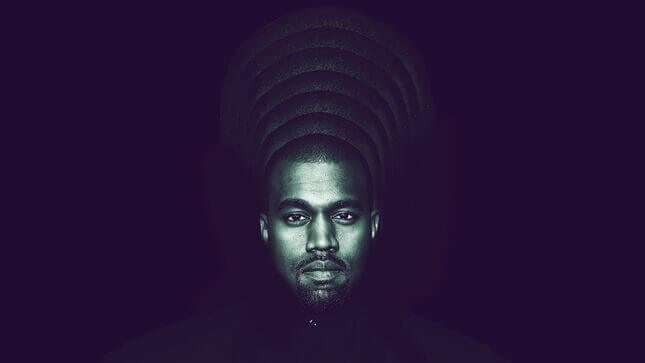Everybody Wants a Piece of Kanye
Latest
Graphic: Elena Scotti/GMG (Photos: Paras Griffin/Getty Images)
“I almost killed my daughter,” Kanye West said on stage, screaming through tears, at a presidential campaign rally in South Carolina in July. Wearing what appeared to be a bulletproof vest, an American flag flimsy on the stage behind him, West told the crowd about Kim Kardashian’s decision to give birth to their first daughter after she was considering abortion. West’s own mother, he says, continued with her pregnancy with him even when his father wanted her to have an abortion. “My mom saved my life!” he shouted.
It was a troubling speech, one which echoed the stories of “abortion survivors,” a formless term that describes individuals who were “saved” by parents who previously considered abortion. But it wasn’t uncharted territory for West, who has made anti-abortion statements before, like claiming that Democrats force Black people to abort their children. Anti-abortion advocates immediately latched onto the speech; Lila Rose, the founder of anti-abortion organization Live Action, called it “incredible.” And mainstream media outlets were quick to cover the speech and legitimize the rally for a campaign only announced in early July, with little paperwork to actually back up the claim, following several years of talking about a 2020 run. By the time Kim Kardashian released a statement, urging people to consider West’s bipolar disorder, and wrote that “his words some times do not align with his intentions,” it was too late: West’s mental health had once again become a spectacle, a spark of a statement stoked into a wildfire by news outlets and conservatives looking to capitalize on West’s outrageousness.
For his entire career, West has been a controversial celebrity, grabbing headlines with last-minute, post-release album changes and his fervent support (and recent disavowal) of President Trump. This is a man who wasn’t afraid to say that “George Bush doesn’t care about Black people,” or that he believes Bill Cosby is “innocent,” and has claimed firmly that he is “the greatest artist of all time.” While his wife may be derided as “famous for being famous,” West is equal parts rapper, gospel singer and amateur preacher, opera writer, fashion designer, architect, and (apparently) middling presidential hopeful. To some, he is a filterless egomaniac; to others, he is an artist whose genius has been derided by those who celebrate “genius” in white artists but deem the same behavior narcissism in Black artists like West.
-

-

-

-

-

-

-

-

-

-

-

-

-

-

-

-

-

-

-

-

-

-

-

-

-

-

-

-

-

-

-

-

-

-

-

-

-

-

-

-








































